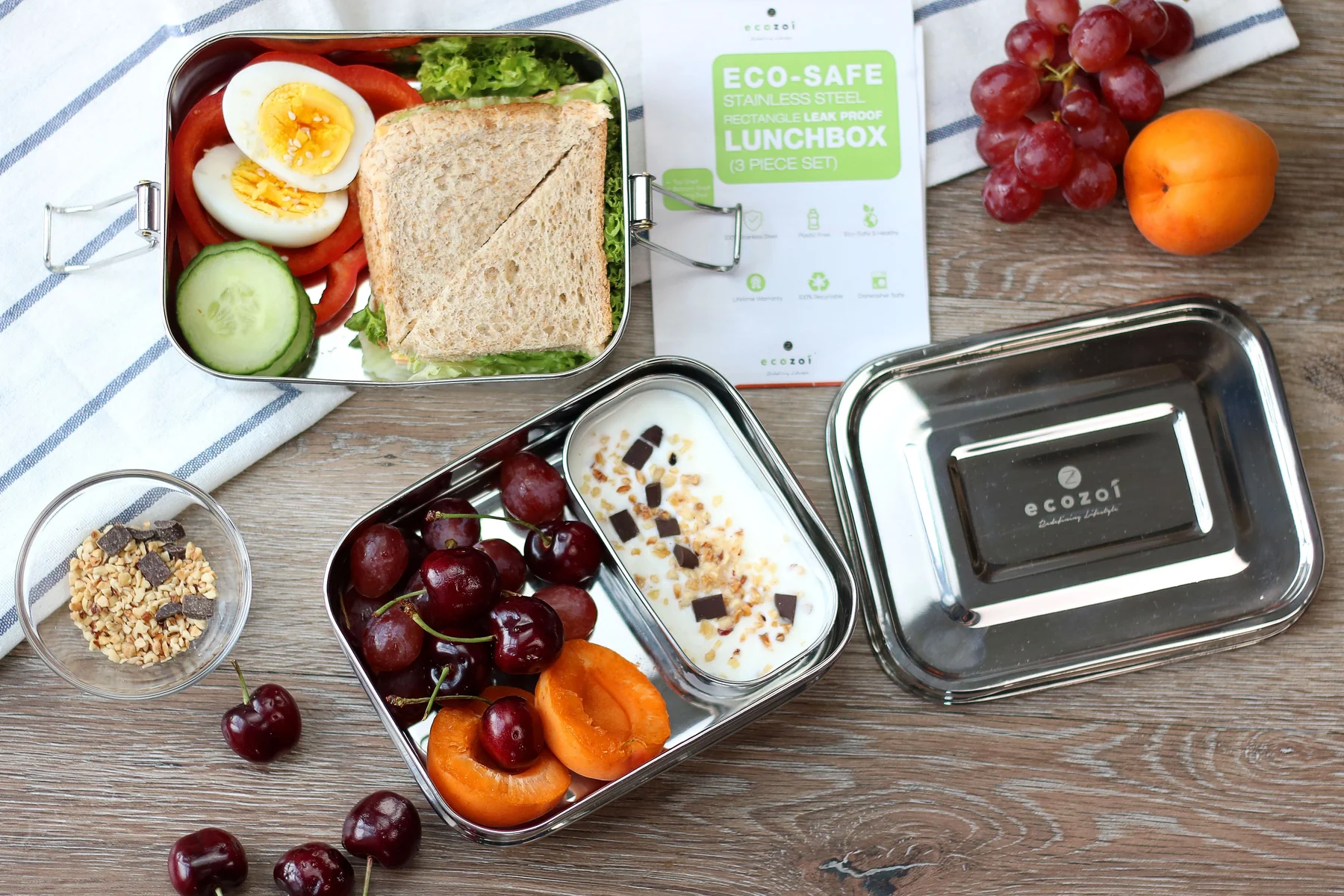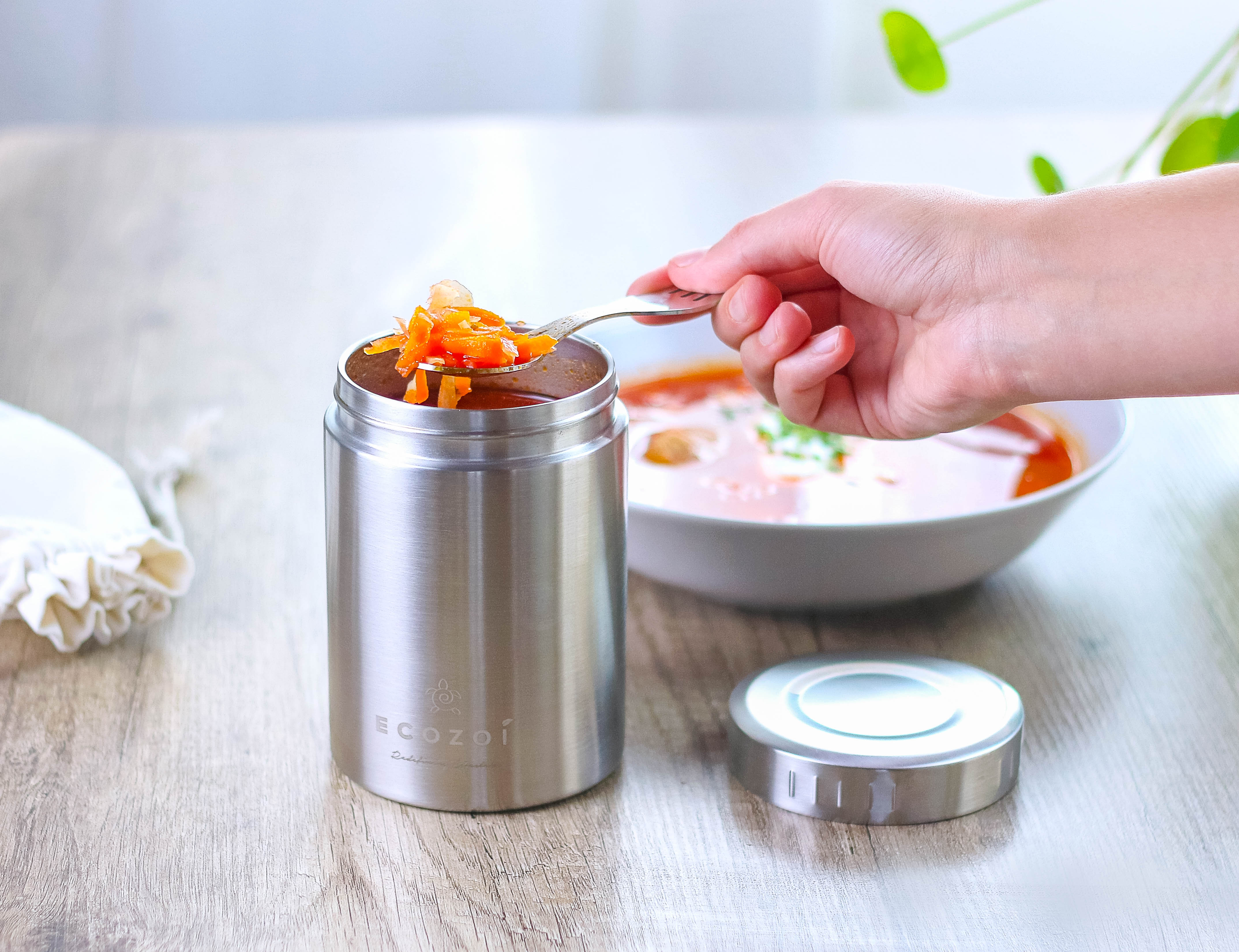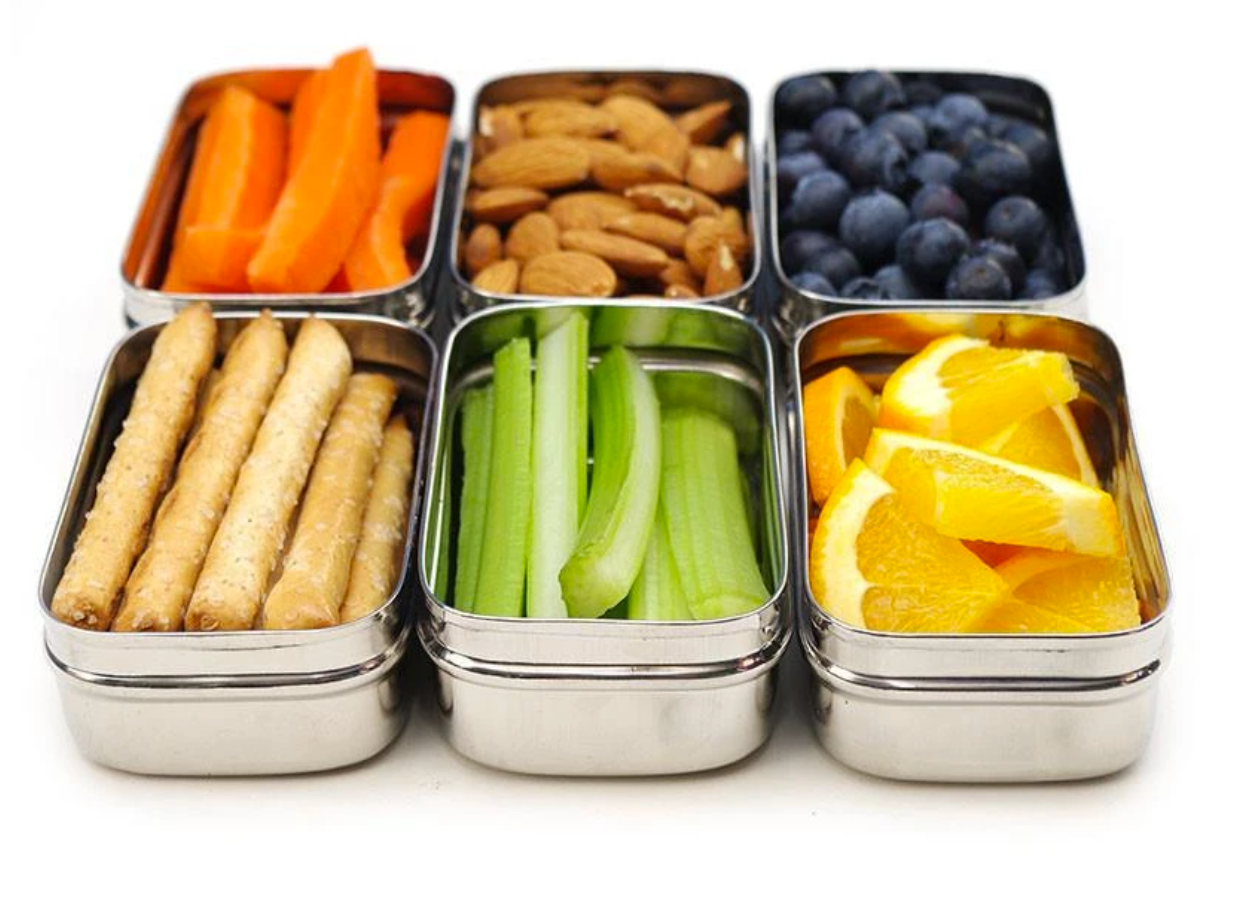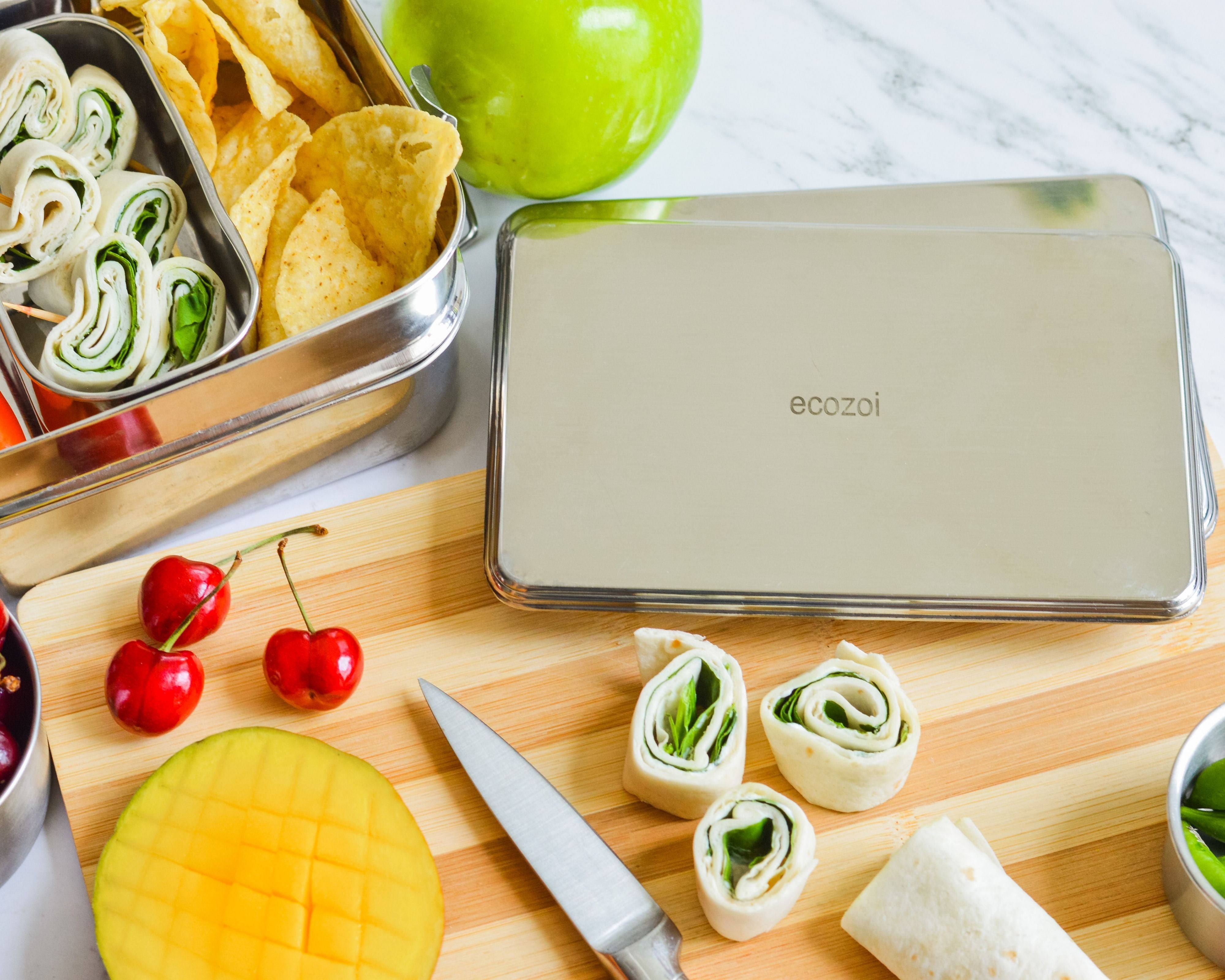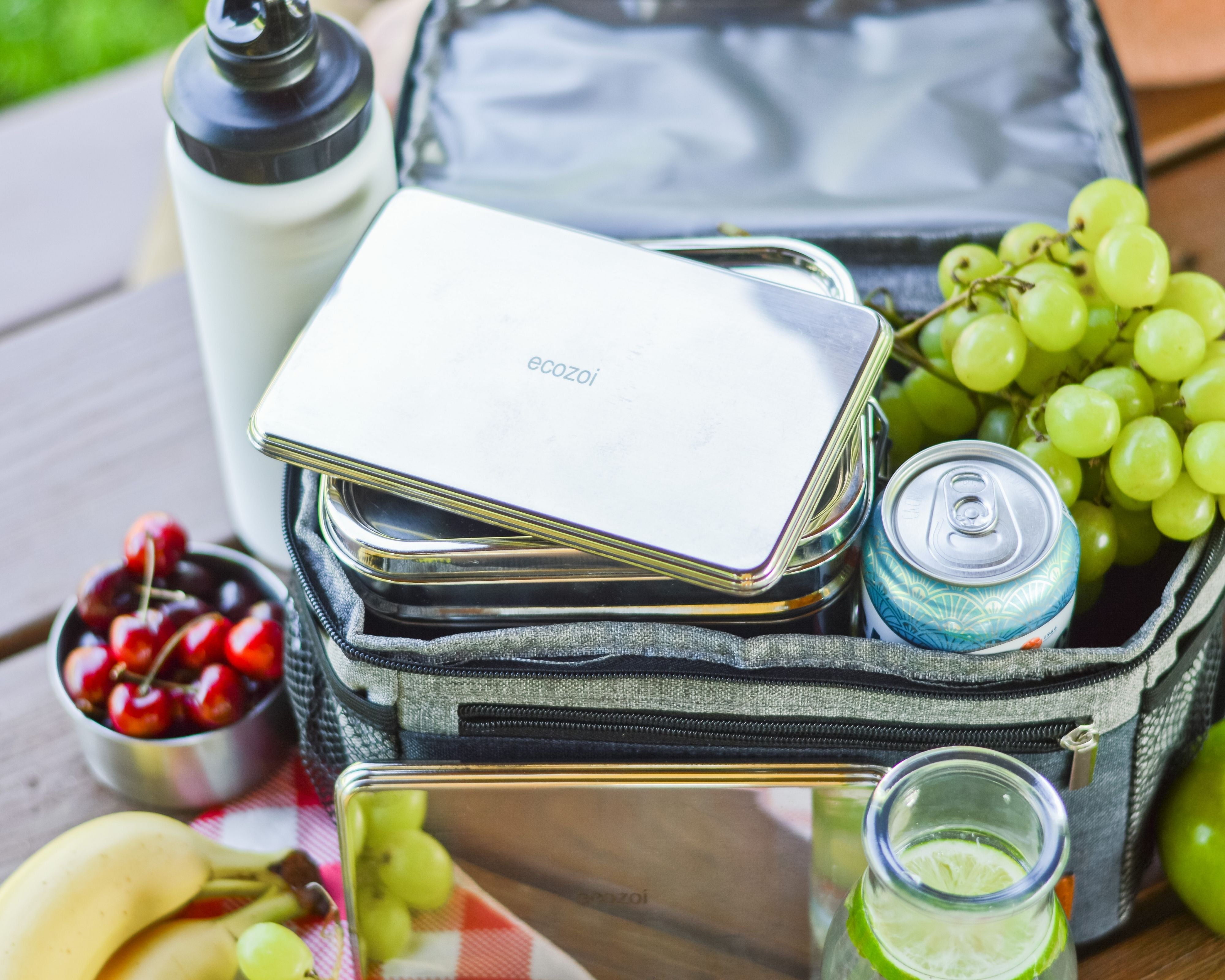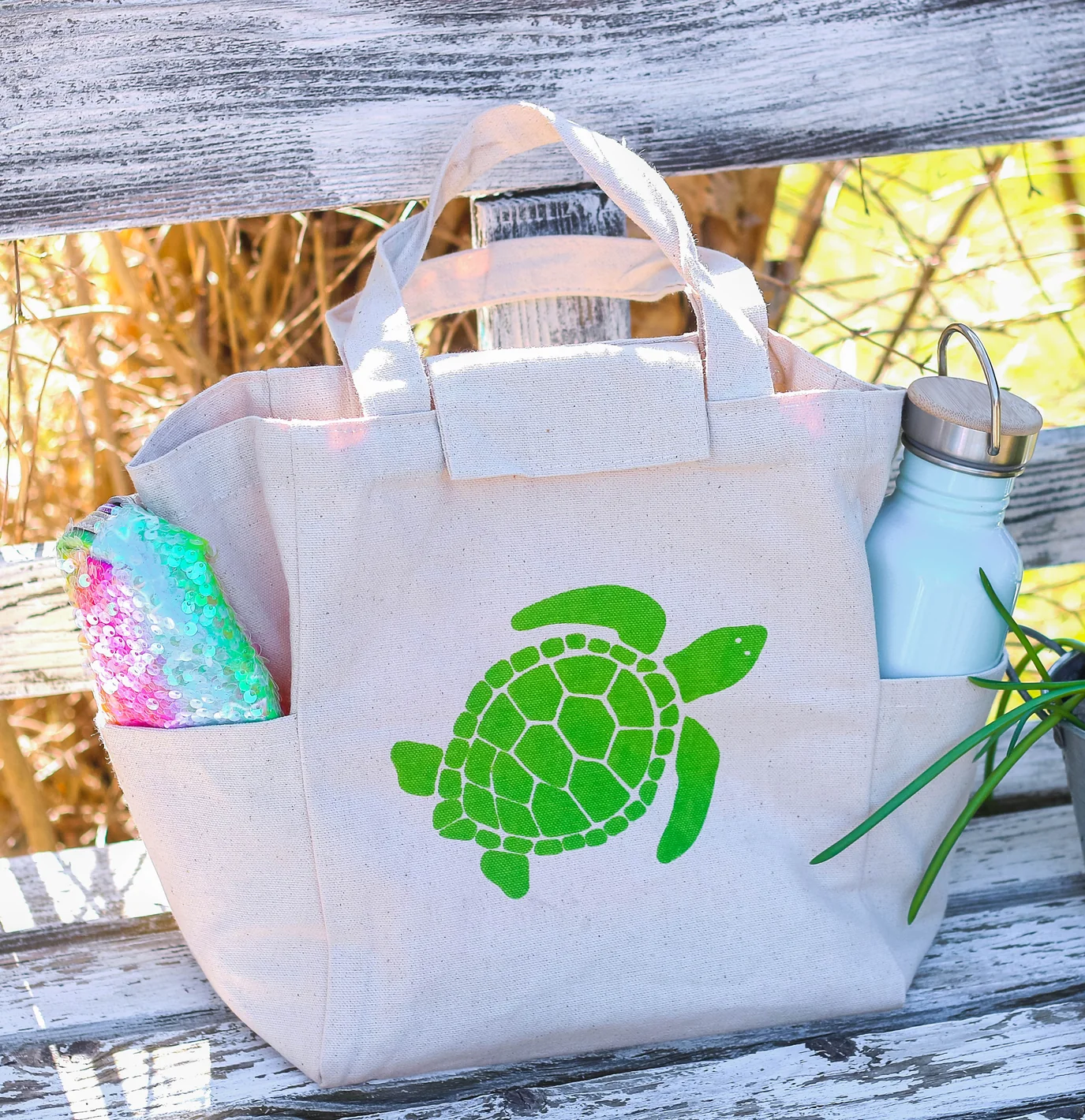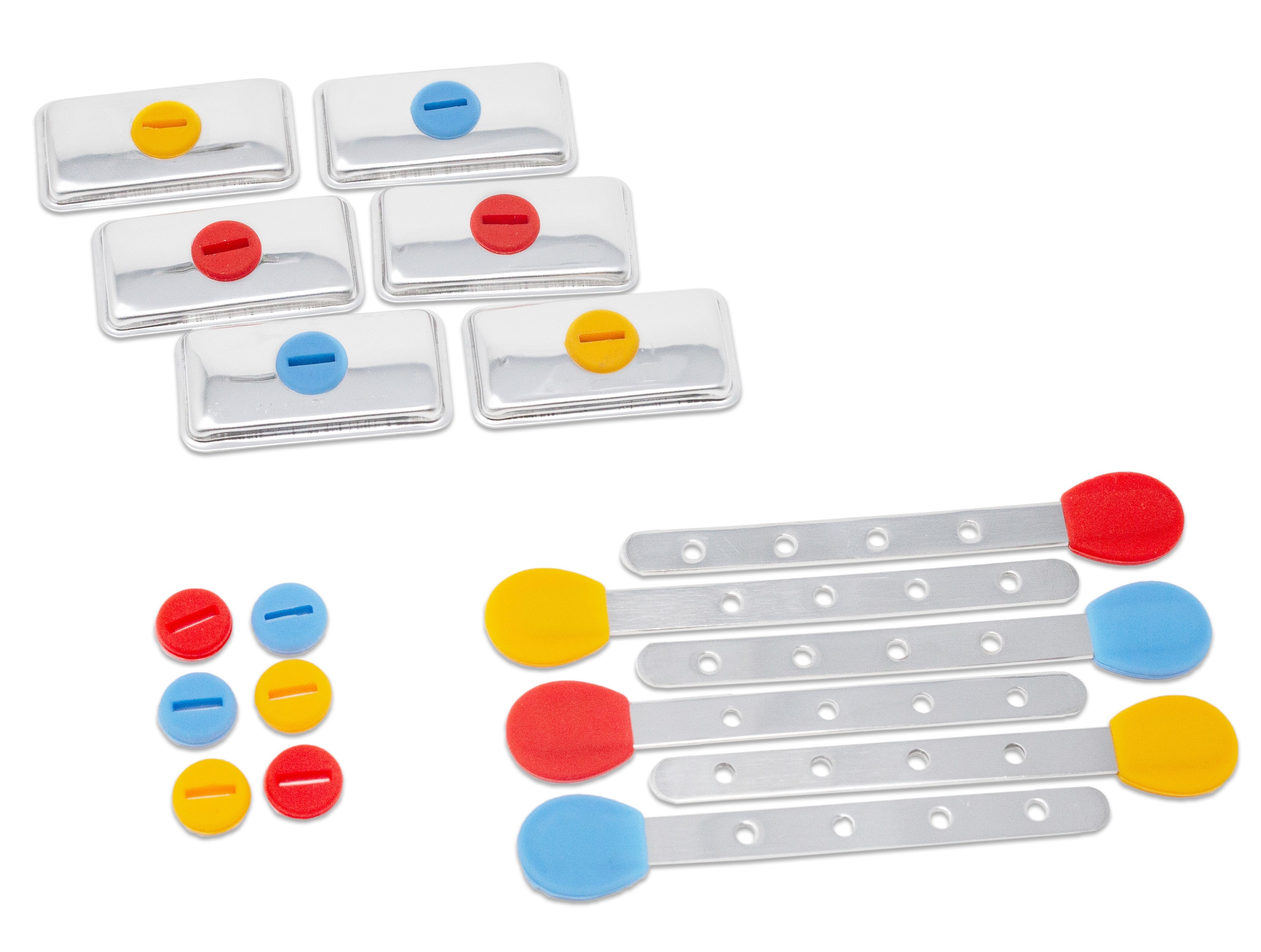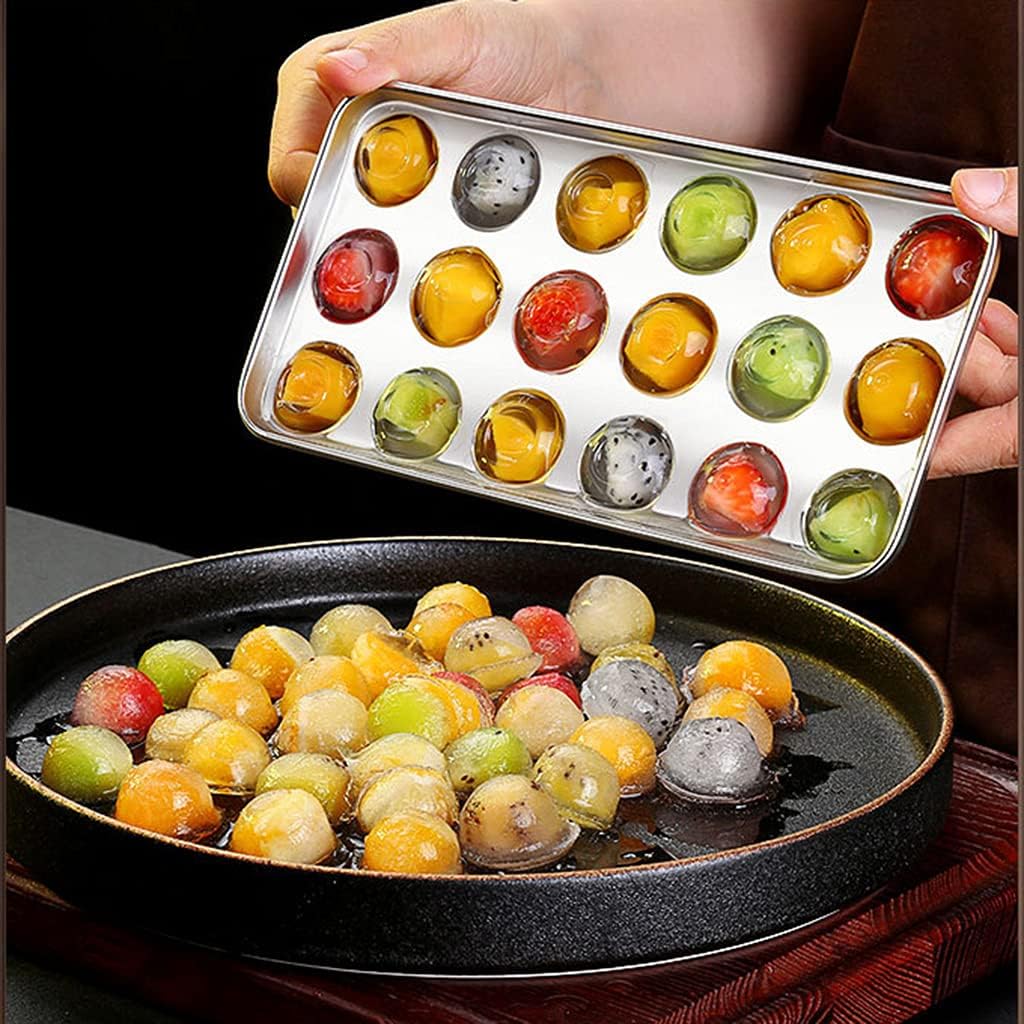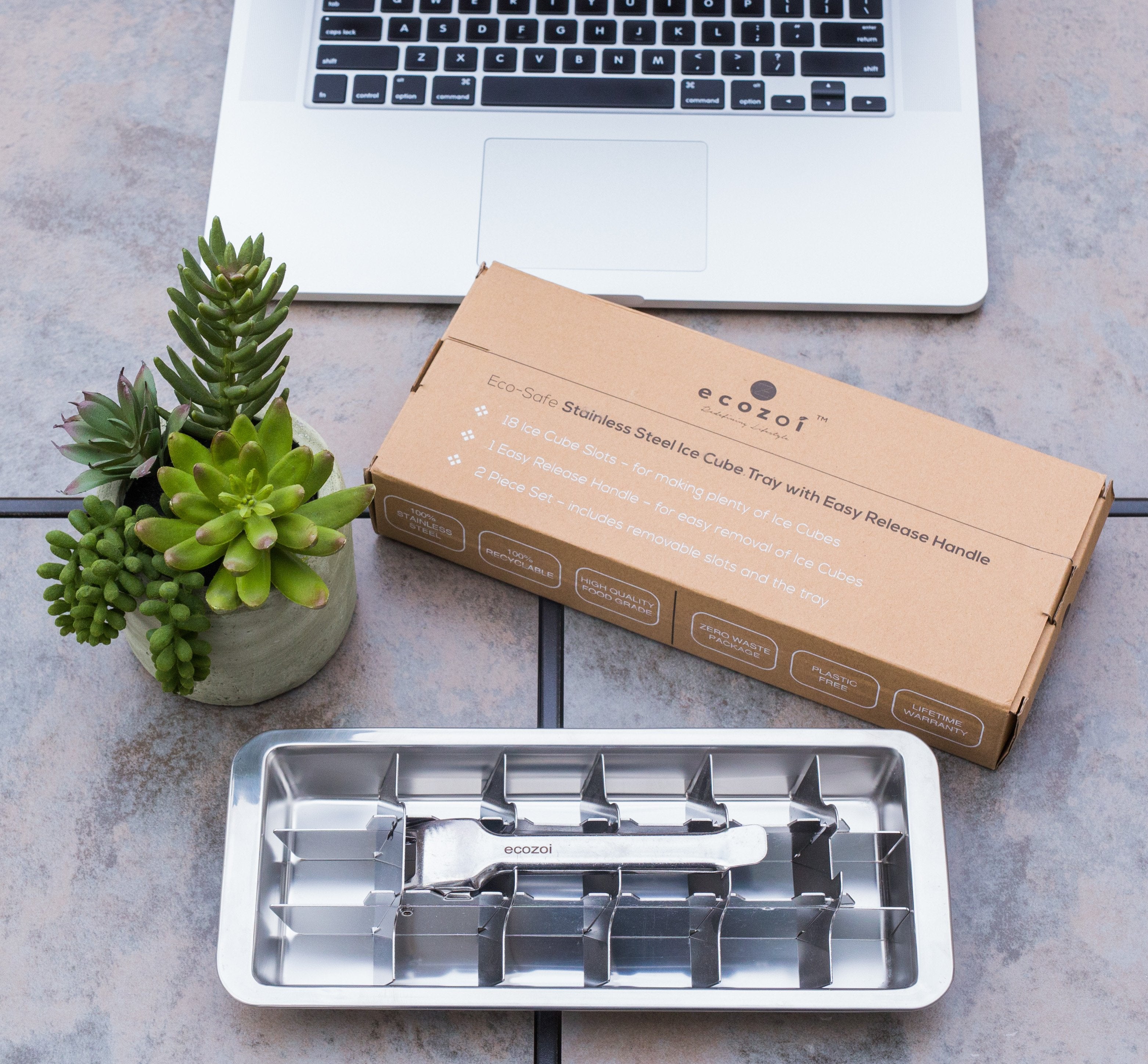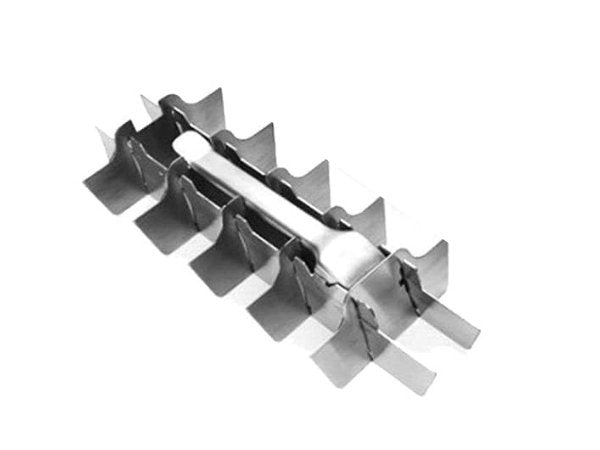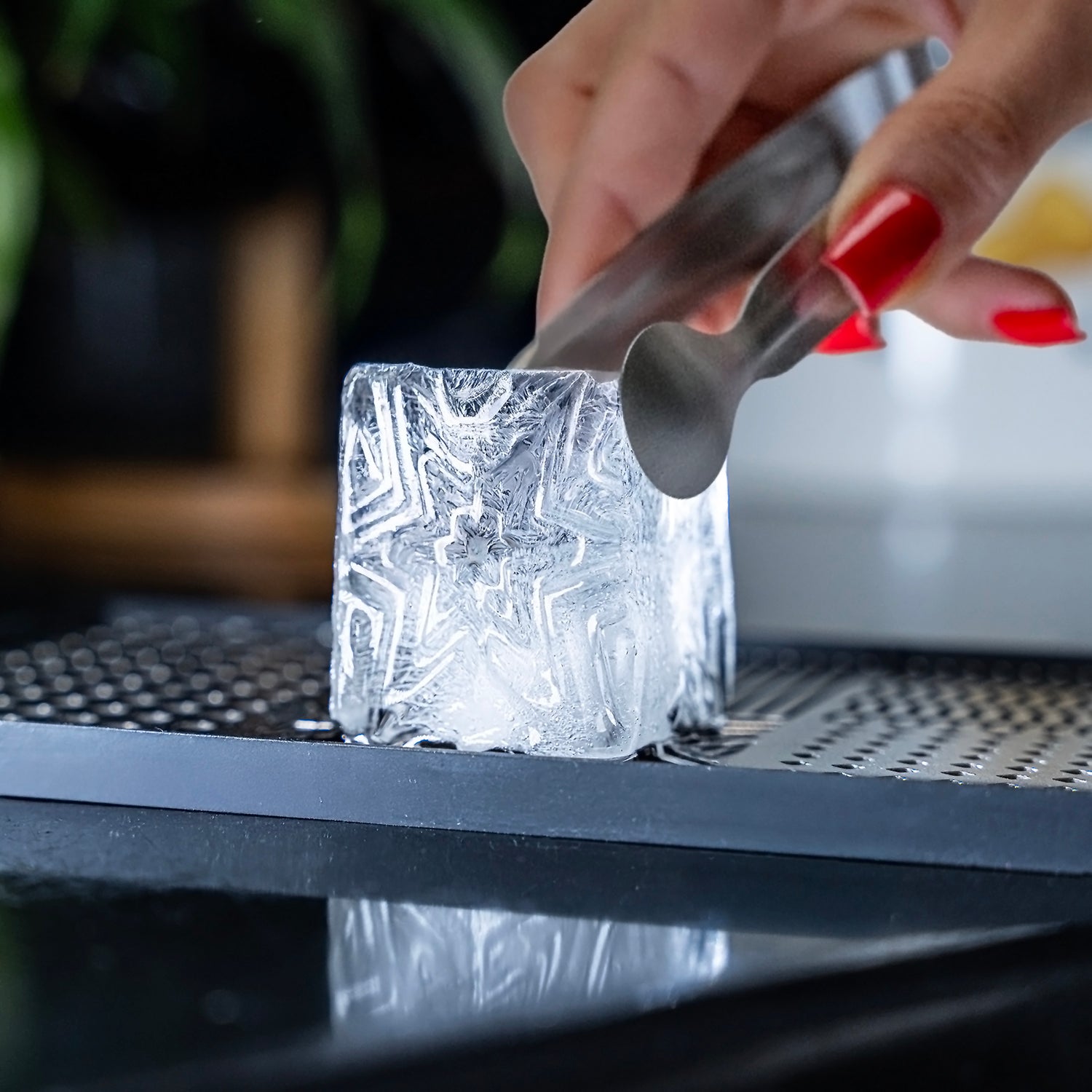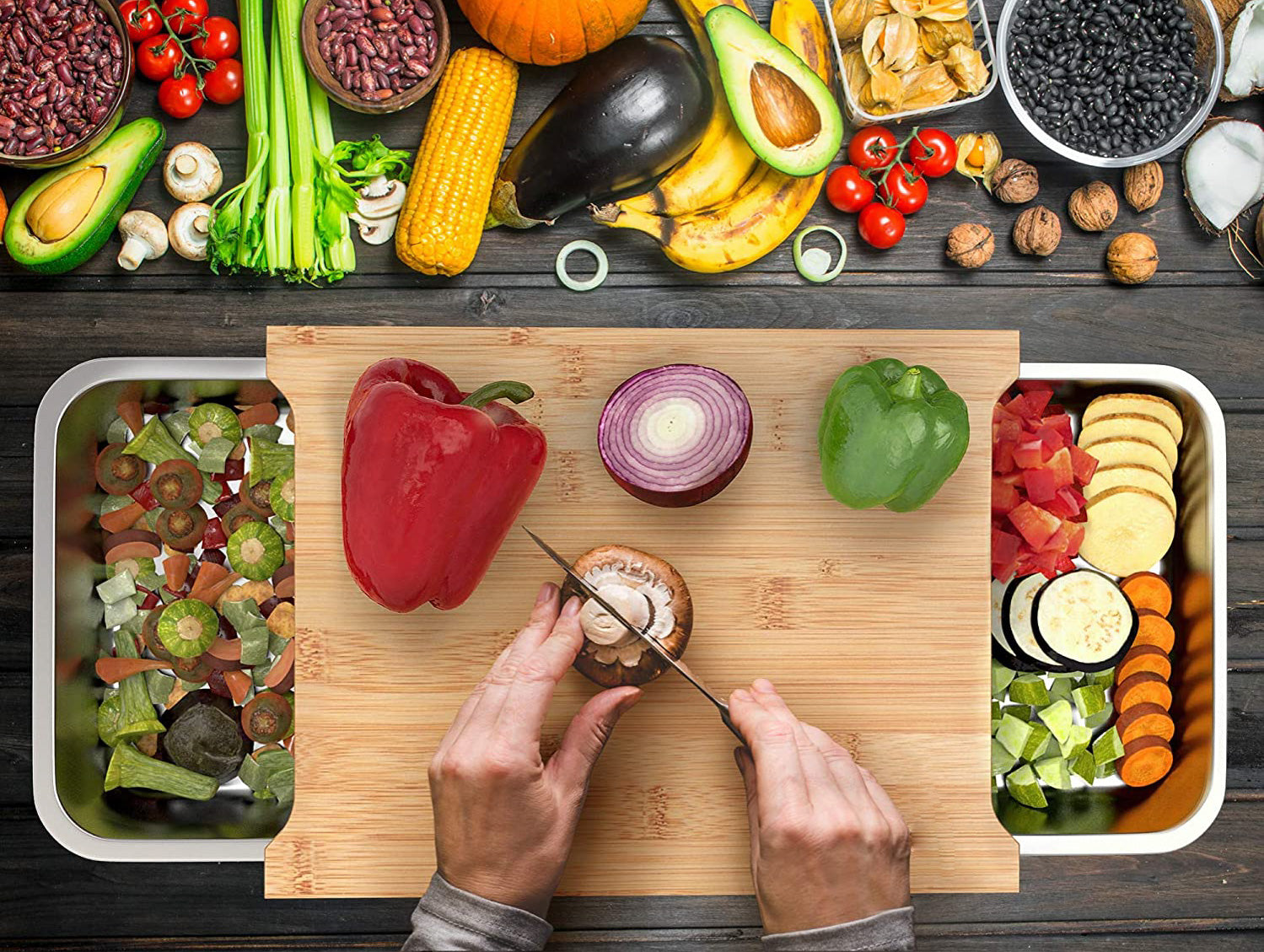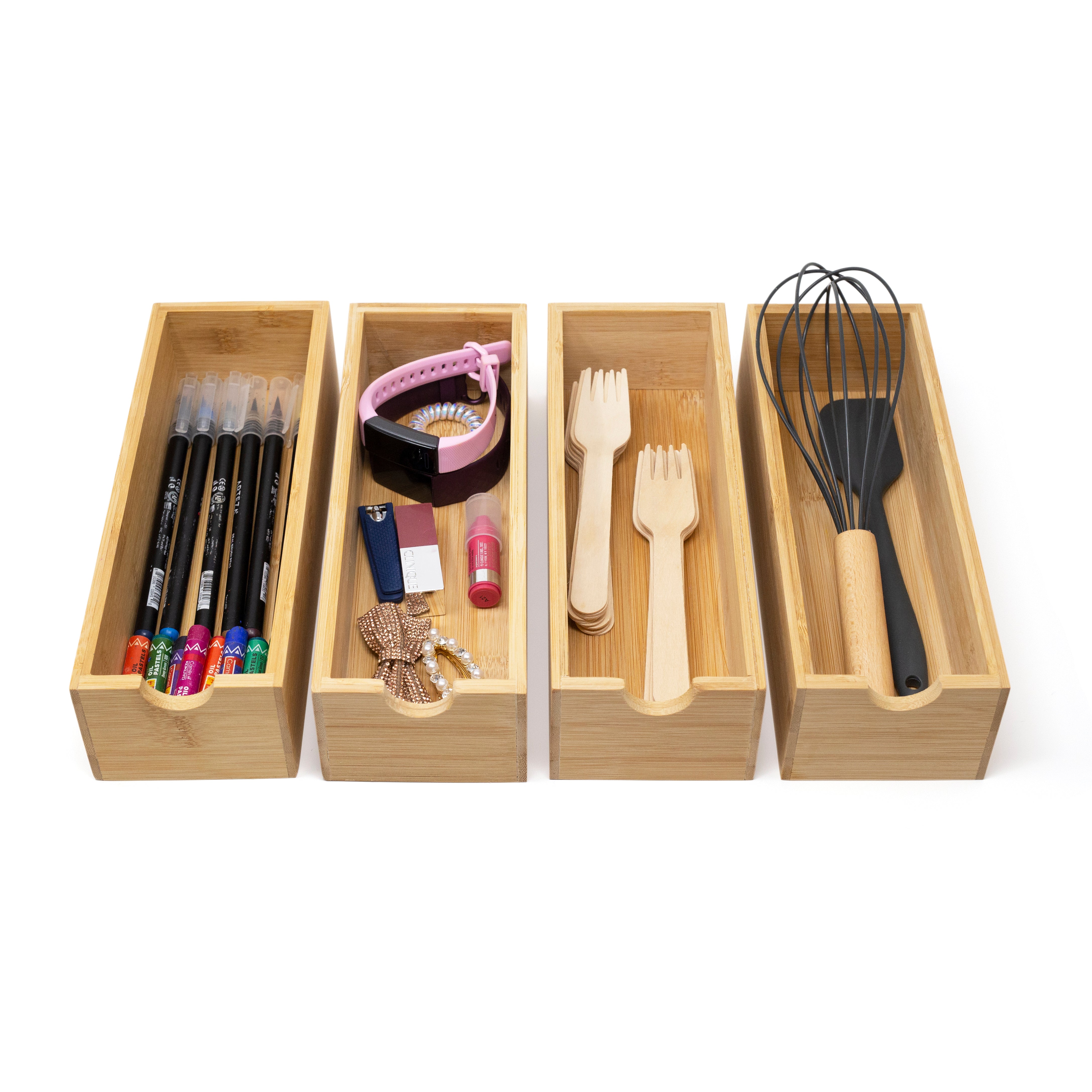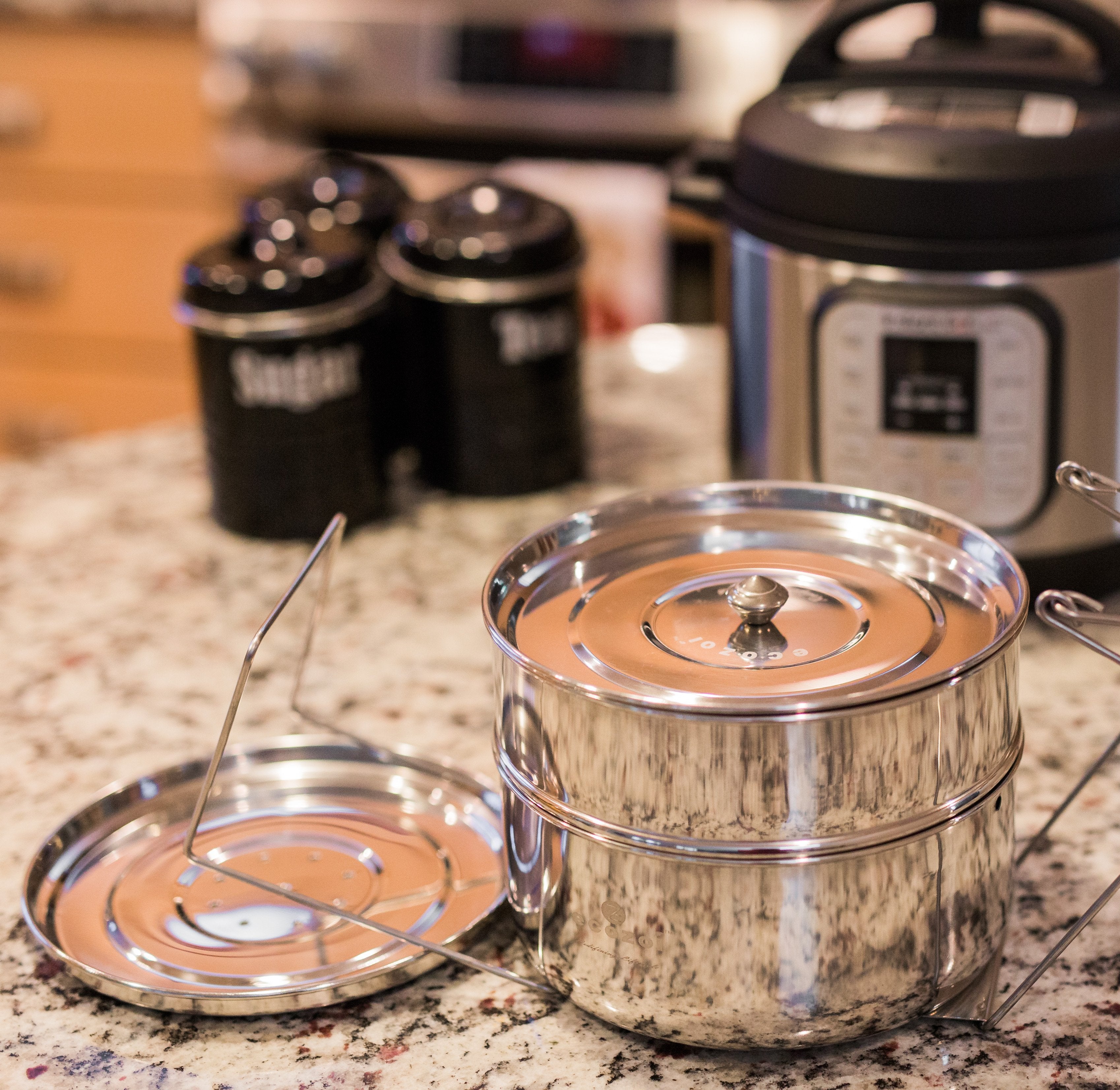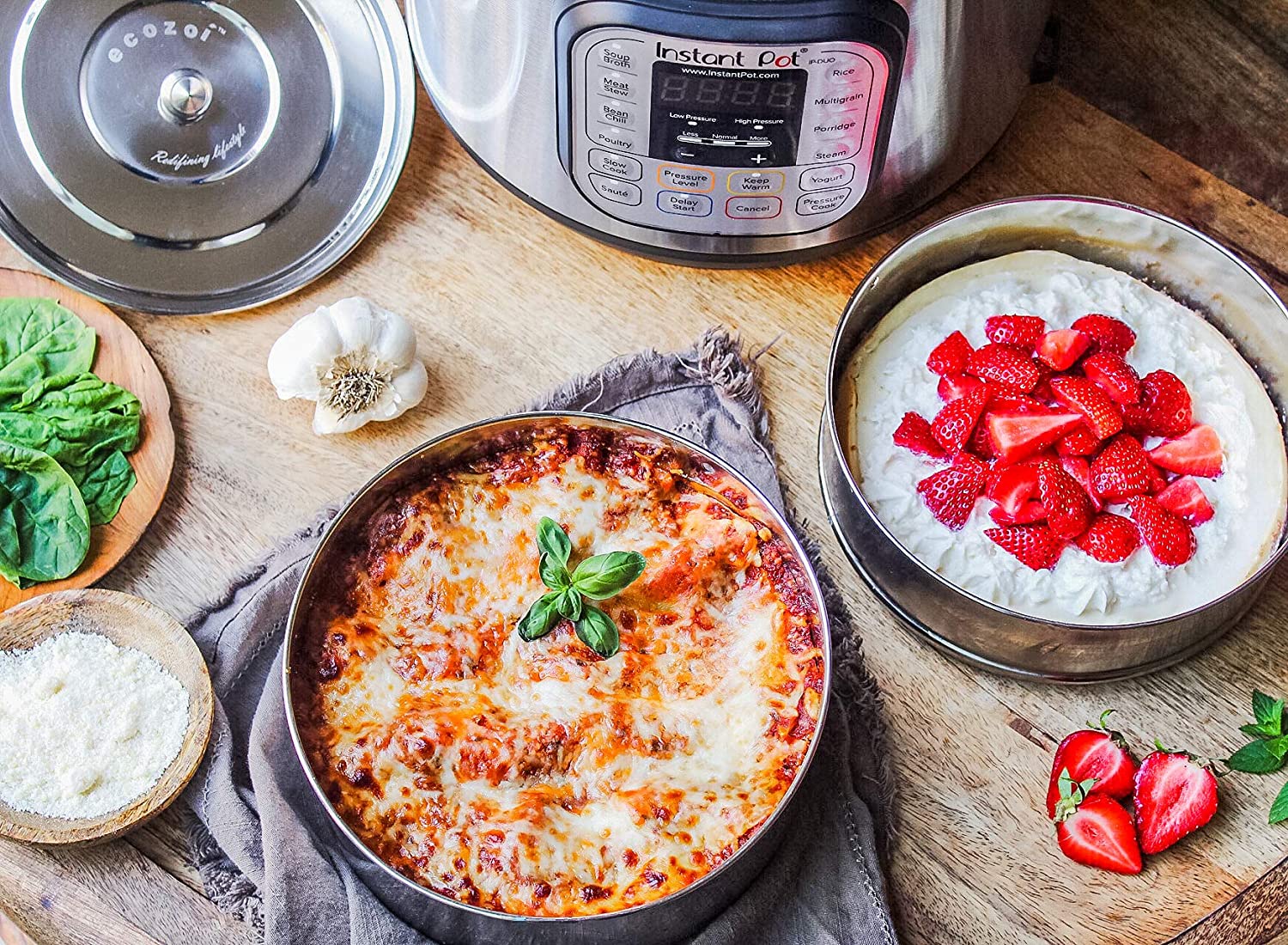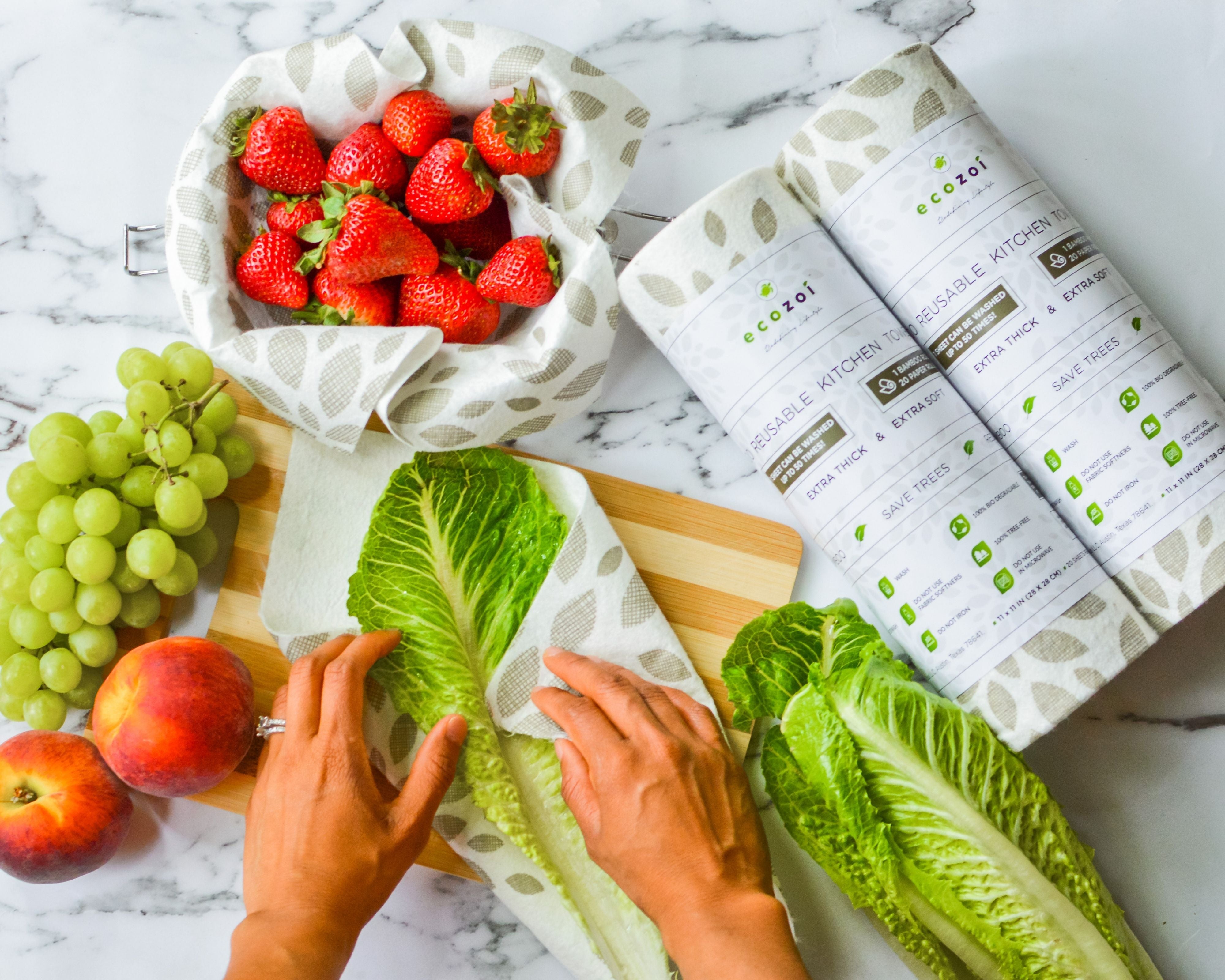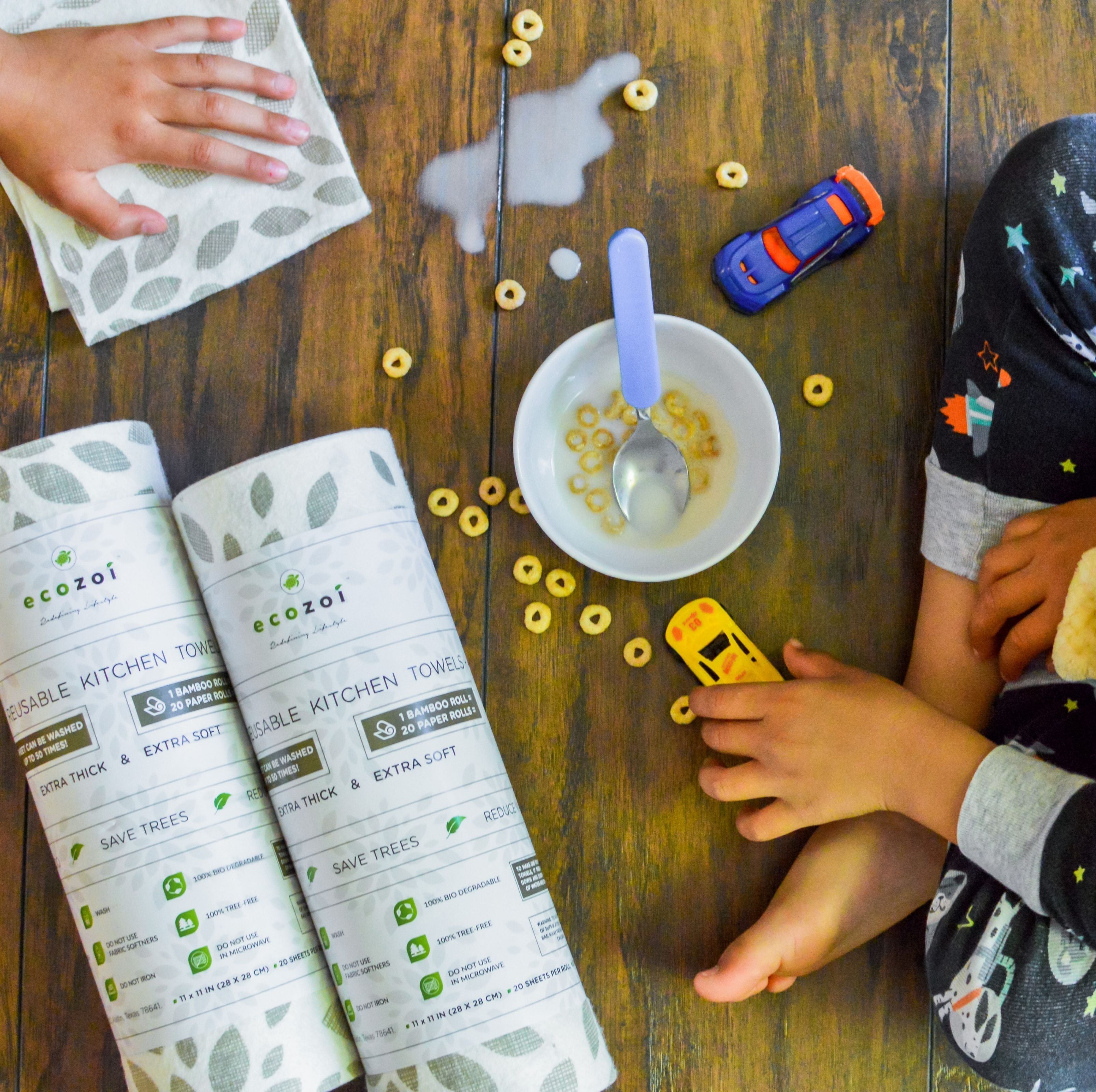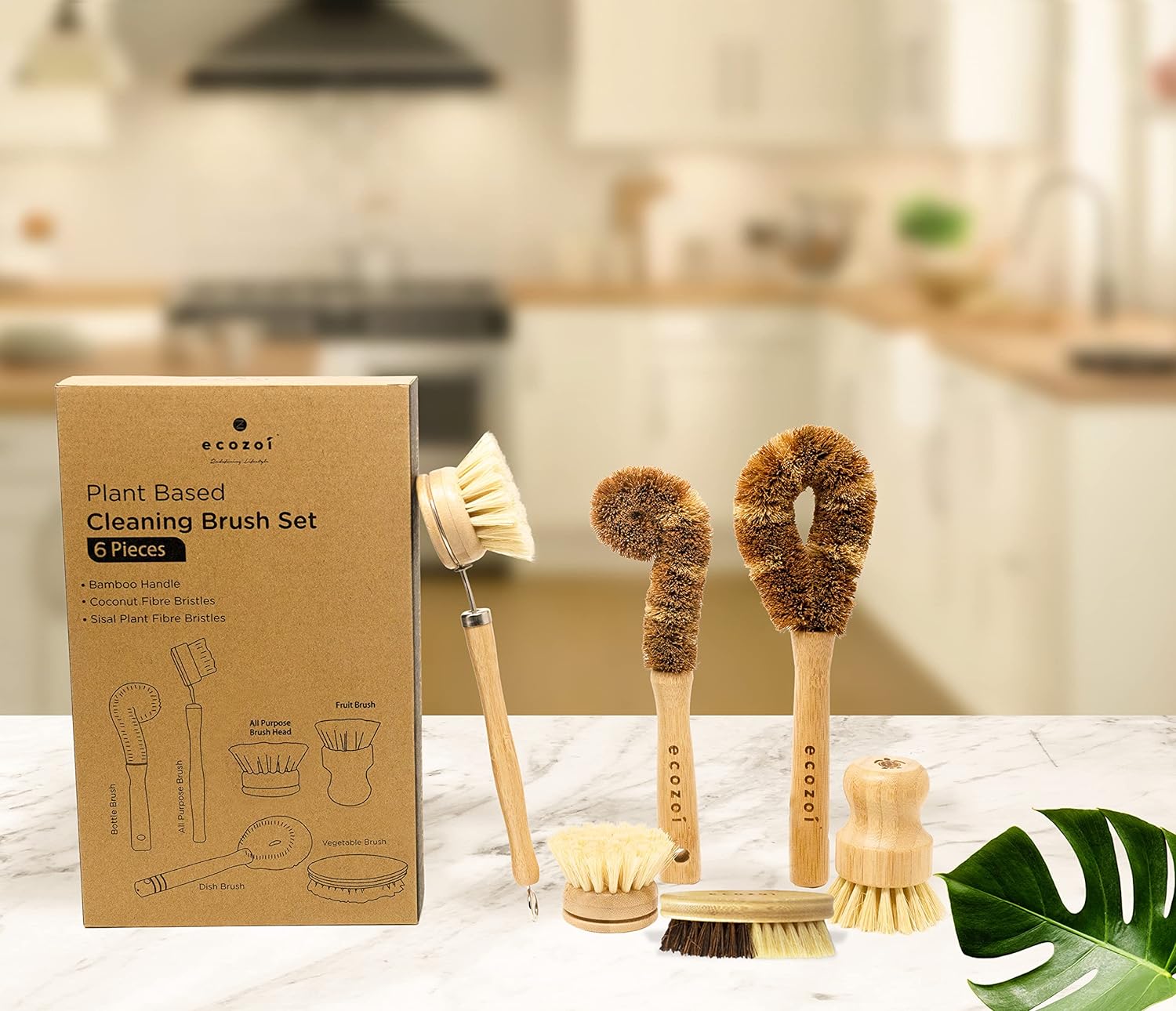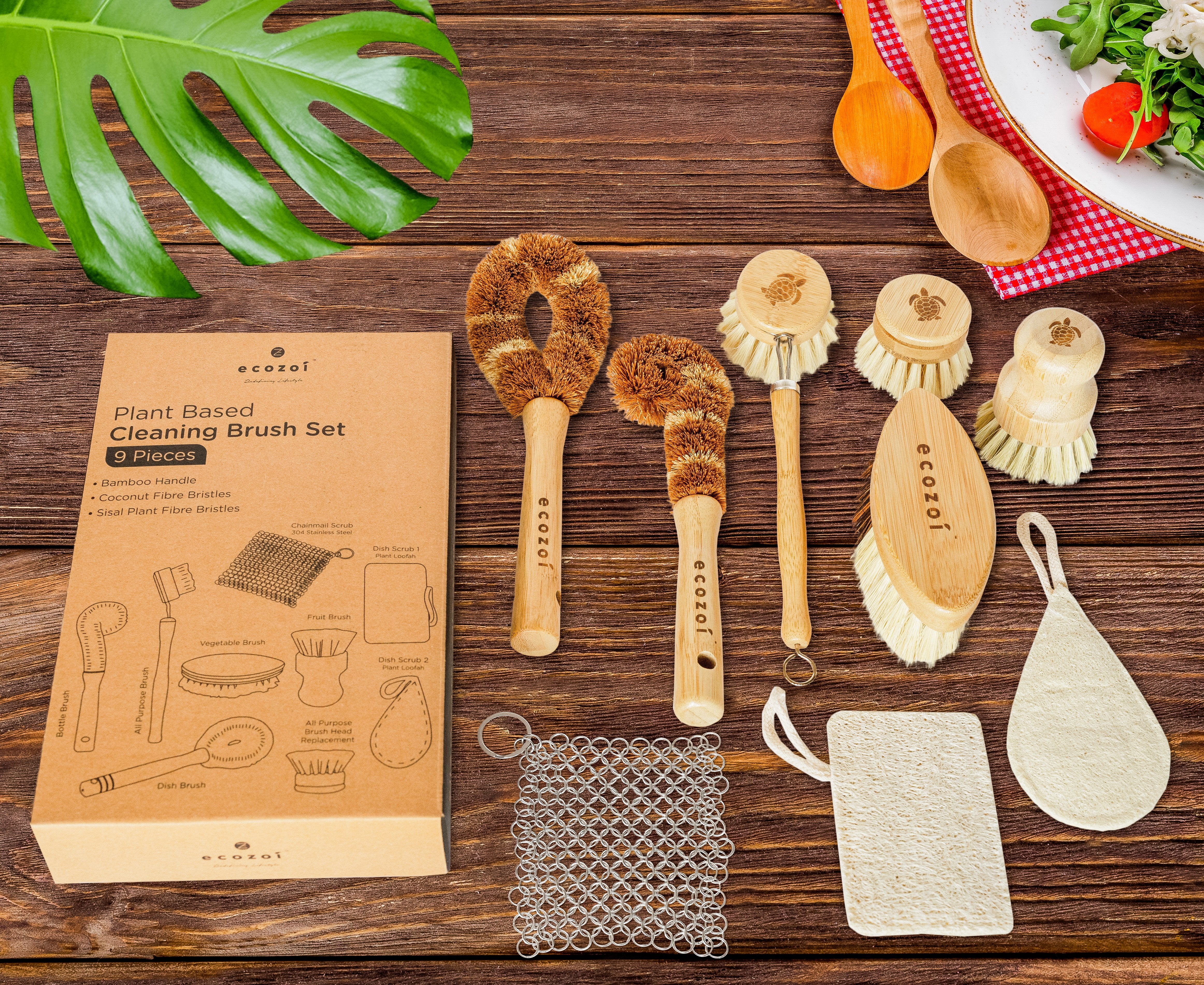How to Start a Compost Bin in Your Backyard or Balcony
Embracing eco-friendly practices is becoming increasingly popular as people seek to reduce their environmental impact. This shift towards sustainable living involves adopting habits that benefit the planet. One such habit is composting, a simple yet effective way to recycle organic waste. You can turn kitchen scraps and yard waste into valuable soil amendments by starting a compost bin in your backyard or balcony. Composting offers numerous environmental benefits, including reducing landfill waste, reducing methane emissions, and enriching soil health without chemical fertilizers. It's a practical solution for anyone looking to make a positive environmental change right from home.
Understanding the Basics of Composting
Composting is the natural process of recycling organic material, such as leaves, vegetable scraps, and paper products, into a rich soil amendment known as compost. Its primary purpose is to enhance soil health, providing nutrients and improving its structure, which benefits plant growth. The core of composting lies in decomposition, where microorganisms, insects, and fungi break down organic matter. This process requires a balance of 'greens,' such as food scraps that provide nitrogen, and 'browns,' like dry leaves offering carbon.
The right mix ensures efficient decomposition, producing heat as a byproduct, further accelerating the breakdown of materials. Adequate moisture and aeration are also important, as they support the organisms responsible for decomposition. Turning the compost pile helps maintain oxygen levels and evenly distributes heat and moisture.

Choosing the Right Location: Backyard or Balcony
Choosing the right location for your compost bin, whether in a backyard or on a balcony, is important for successful composting. In a backyard, you have more space and can manage a more extensive compost pile, which is ideal for those with bigger gardens or more organic waste. The ground contact in a backyard setup allows easier access for beneficial organisms that aid decomposition. On the other hand, balcony composting is perfect for urban dwellers with limited space. Smaller compost bins designed for balconies can efficiently handle kitchen scraps, contributing to food waste reduction in city living.
Find a convenient spot that doesn't interfere with your daily activities. For backyards, a shaded area prevents the compost from drying out too quickly, while balconies need a well-ventilated space to minimize odors. Your composting efforts can thrive in the right location, leading to nutrient-rich soil.

Selecting the Perfect Compost Bin for Your Space
Selecting the perfect compost bin for your space helps with effective composting. Compost bins come in various types, including tumblers, stationary, and worm bins. Tumblers are great for easy turning, while stationary bins suit those with more space. Worm bins are ideal for small spaces. Use worms to break down organic matter. When selecting materials, opt for strong and resilient to different weather conditions.
Size matters, too. Compact bins are best for small balconies, while more extensive yards accommodate larger ones. If you opt for a large compost bin, consider seeking help from a moving company for transportation. For instance, a well-versed company such as Hansen Bros. Moving & Storage Seattle, WA, can help transport bulky items to your home as they have helped numerous other clients relocate large objects safely to their homes. In truth, working with a moving company is the best way to ensure your compost bin arrives intact and ready to be put to good use.
Compost Bin in Your Backyard or Balcony: Getting Started
Starting a compost bin in your backyard or balcony involves several straightforward steps. Here's a guide to kick-start your composting:
- Placement: Position your bin in a spot with good air circulation and partial shade, avoiding extreme temperature fluctuations.
- Layering: Begin with a layer of coarse brown materials (like twigs) to enhance airflow at the bottom.
- Adding Materials: Alternate between green materials (like scrap from meal prepping, providing nitrogen) and brown materials (like dry leaves, offering carbon). Chop or shred larger pieces to speed up the composting process.
- Moisture Control: Keep the compost moist but not soggy. The consistency should resemble a wrung-out sponge.
- Aeration: Regularly turn the compost to introduce air, which is vital for decomposition.
Regular Maintenance for Optimal Composting Results
Maintaining your compost bin for optimal results involves a few regular tasks. Turning your compost should be done approximately once a week. It will aerate the pile, providing oxygen to the microorganisms that break down the organic matter.
If the compost is too compacted, it becomes anaerobic and slows decomposition. Further, your compost should be moist but not wet. The ideal moisture level is akin to a wrung-out sponge. In dry conditions, you might need to add water occasionally.
Conversely, covering the compost might be necessary during rainy seasons to prevent it from becoming too soggy. Ensure that your bin has adequate ventilation. If your compost starts to smell, it might be too wet or lack sufficient airflow.
Knowing When Your Compost is Ready
Recognizing when your compost is ready for use is straightforward once you know what to look for. Finished compost typically takes a few months to develop and will have a dark, crumbly, soil-like texture. It should have an earthy smell, without any foul odors or ammonia scent.
You'll also notice that the original organic materials are no longer recognizable, having broken down completely. Using this compost in your garden effectively boosts soil health. You can mix it into the soil at the base of garden greenery or trees you plant, providing a rich nutrient source.
Alternatively, it can be used as a top dressing for existing plants or incorporated into potting mixes for container gardening. The compost enriches the soil, improves moisture retention, and can help suppress plant diseases.

Conclusion
In summary, starting a compost bin in your backyard or balcony is an accessible and beneficial step towards sustainable living. Select a suitable bin and place it in an ideal location that balances sunlight and shade. Then, layering your compost with a mix of green and brown materials makes a balanced composting process. Regular maintenance is essential for successful decomposition. When the compost is dark, crumbly, and earthy-smelling, it's ready to enrich your garden soil. We encourage you to take these steps and start your composting. Whether you have a spacious backyard or a cozy balcony, composting is a practical way to contribute positively to the environment while enhancing the health of your garden. Embrace this eco-friendly practice today and witness the transformation in your garden.


